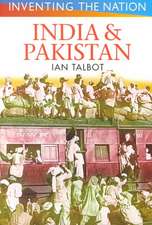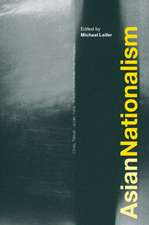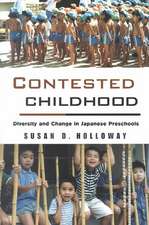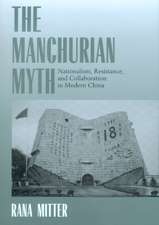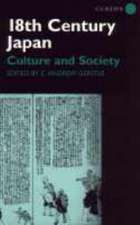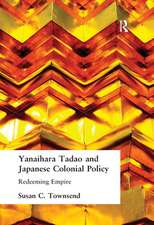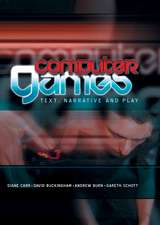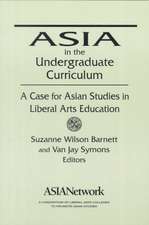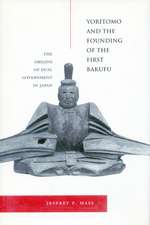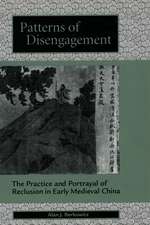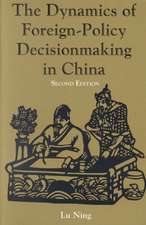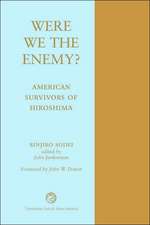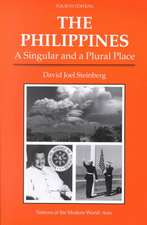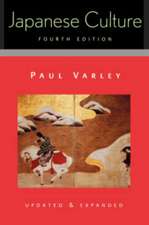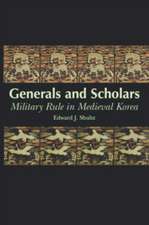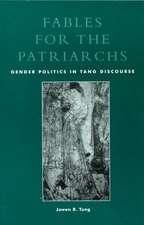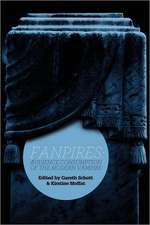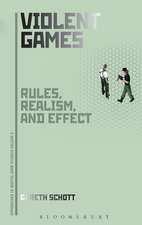Korea: Hot Spots in Global Politics
Autor C Bluthen Limba Engleză Hardback – 18 dec 2007
This book penetrates the veil surrounding the conflict on the Korean peninsula and North Korea's missile and nuclear programmes. It provides a thorough historical analysis of relations between the two Koreas since the Korean War, which traces both North Korea's path to economic ruin and South Korea's transition from struggling dictatorship to vibrant democracy. As well as examining the political and economic development of North and South Korea at the domestic level, the book goes on to explore regional relations with Russia, China and Japan and, most importantly, America's dealings with Korea and its negotiations with North Korea, in particular. It concludes with an analysis of North Korea's current nuclear programme and its likely impact on international security in the 21st century.
Preț: 430.02 lei
Preț vechi: 505.90 lei
-15% Nou
82.28€ • 85.91$ • 68.10£
Carte tipărită la comandă
Livrare economică 04-18 aprilie
Specificații
ISBN-10: 0745633560
Pagini: 232
Dimensiuni: 139 x 223 x 19 mm
Greutate: 0.41 kg
Ediția:Revised.
Editura: Polity Press
Seria Hot Spots in Global Politics
Locul publicării:Chichester, United Kingdom













